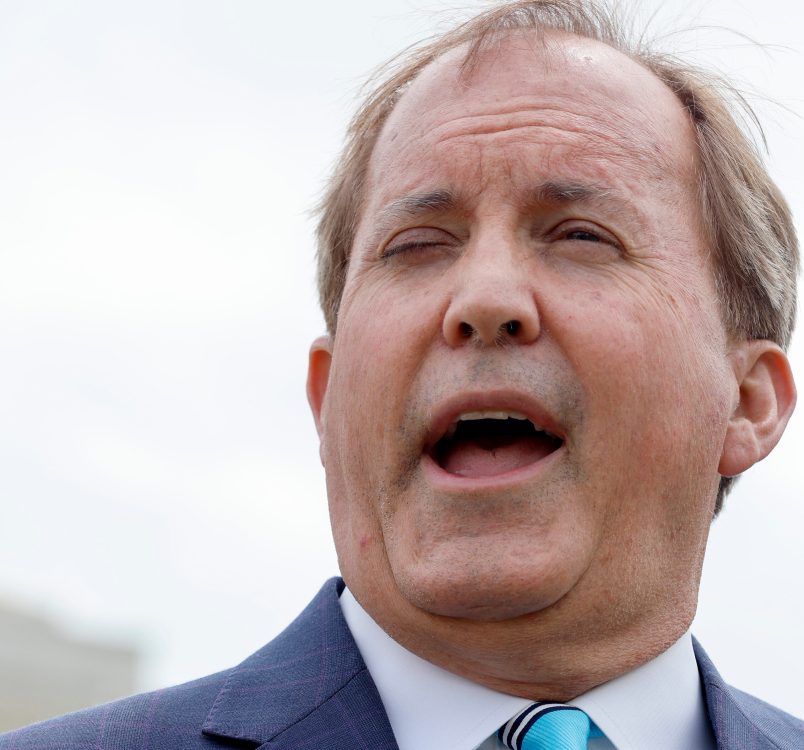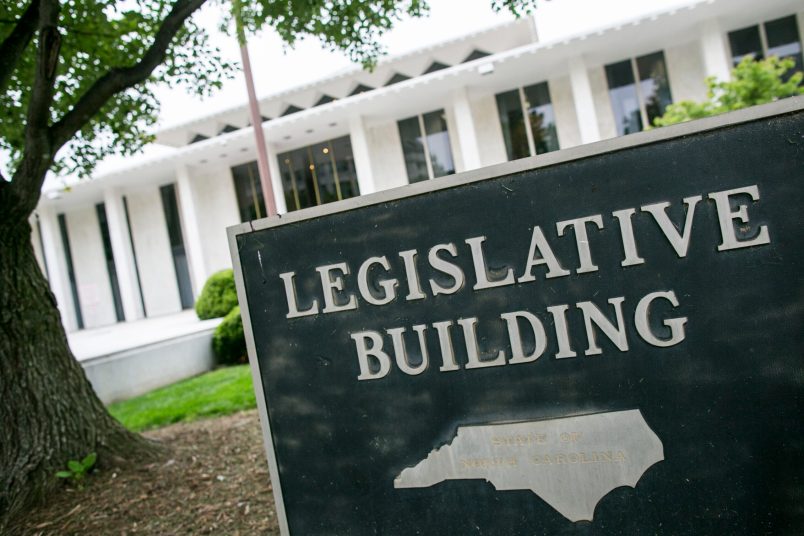Harvard University faculty are distraught over changes being made to their health plan in part because of the Affordable Care Act, the New York Times reported Monday.
They groused that it was a sign of the “corporatization” of the most renowned institution of higher education in the United States and that its effect would be “taxing the sick.”
Here is what you need to know, via the Times’ Robert Pear:
‘Driven By Health Care Reform’
The university is revamping its health plan in 2015, saying that it “must respond to the national trend of rising health care costs, including some driven by health care reform.” Some of the Obamacare provisions cited by the university include allowing children to stay on their parents’ plan until age 26 and offering free preventive services like colonoscopies and mammograms.
President Drew Gilpin Faust said in a letter to the faculty that increasing costs were putting the school, which has an endowment of about $36 billion, at risk of needing to cut costs elsewhere like teaching or student aid.
According to the Times, some faculty have even started running their own simulations to counter the university’s claims about its current health care costs. Others have expressed skepticism about the story being told by the school and the process that led to the new changes.
“The entire process has been shrouded in mystery,” history professor Mary Lewis said during a fall faculty meeting, according to Harvard Magazine. “We still don’t really know how we got to this plan.”
‘Deplorable, Deeply Regressive’
The faculty is not happy. The Arts and Sciences faculty took a collective vote against the changes, though it was too late to stop them. Richard Thomas, a classics professor, said the changes were “deplorable, deeply regressive, a sign of the corporatization of the university.”
“It’s equivalent to taxing the sick,” Jerry Green, an economics professor, said. “I don’t think there’s any government in the world that would tax the sick.”
A group of faculty members took to the pages of The Crimson, Harvard’s student newspaper, to slam the changes.
“We often hear that Harvard is the apex of academic research and teaching institutions, and that part of its success is due to its sense of community,” they wrote in a Nov. 12 op-ed. “The University ignored that community when it embarked on a secret and non-consultative planning process and disregarded the strong concerns that faculty have about their own health and that of less well-paid members of our community.
Harvard’s Obamacare Connections
The irony, as the Times highlights at the top of its story, is that Harvard produced and employs many of the minds who helped turn the Affordable Care Act into national policy. David Cutler, a professor of applied economics, advised President Barack Obama’s 2008 campaign on health policy. The school’s current provost, Alan Garber, headed a group of economists who sent a letter to the White House supporting the law’s Cadillac tax.
Nancy-Ann DeParle, former director of the White House Office of Health Reform, is another high-profile Harvard alum who played an instrumental role in crafting the ACA.
$250 Annual Deductible
The faculty’s new plan, according to the Times, requires deductibles and coinsurance for hospitalization, surgery and some diagnostic tests. They will have to pay a $250 deductible for an individual and $750 for a family. Their out-of-pocket maximums for the year will be $1,500 for an individual and $4,500 for a family.
That is still much more generous than most health plans sold under the ACA, the Times noted. Harvard estimates its plan should cover 91 percent of costs, versus the 70 percent that the most popular Obamacare plans cover.
‘Changes That All Americans Are Seeing’
Several faculty members supportive of (or less riled by) the changes acknowledged that this was the intention of the health care reform law.
“Harvard is a microcosm of what’s happening in health care in the country,” Cutler said. Those who officially approved the plan changes said the same.
“Employees will often pay more for care at the point of service.” Michael Chernew, a health economist on the school’s benefits committee, said. “That is intended because patient cost-sharing is proven to reduce overall spending.”
“The changes in Harvard faculty benefits are parallel to changes that all Americans are seeing,” Meredith Rosenthal, a professor at the Harvard School of Public Health, said. “Indeed, they have come to our front door much later than to others.”
Lead photo: A young Barack Obama teaches at the University of Chicago Law School. (AP Photo/Obama for America)






